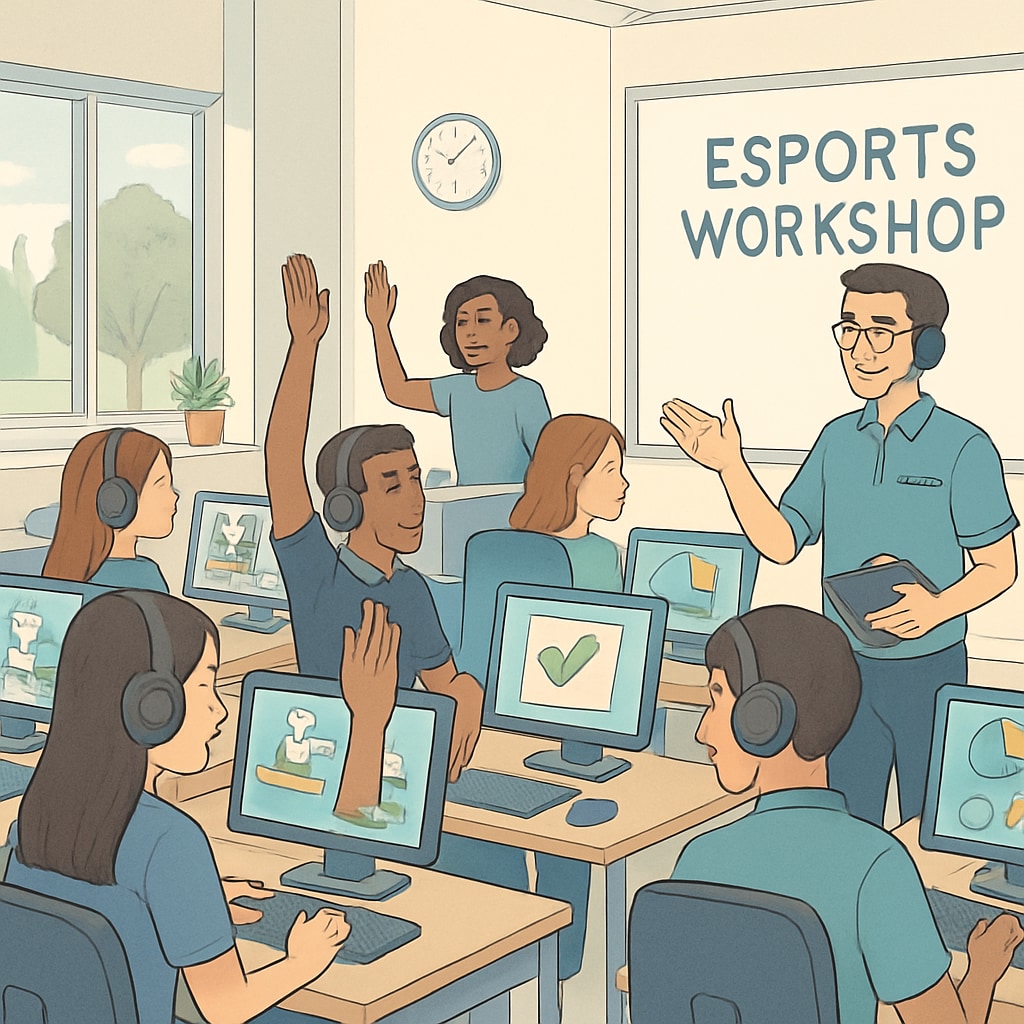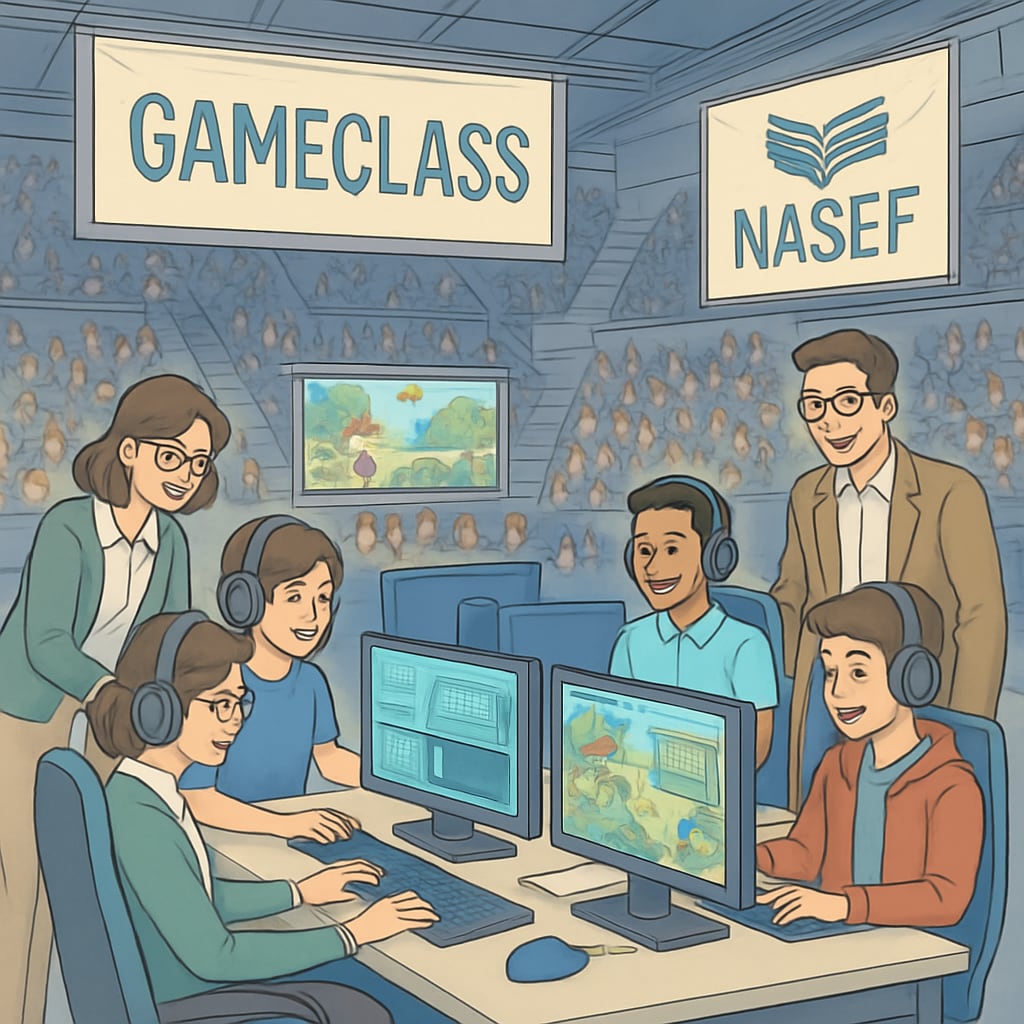GameClass and NASEF (North America Scholastic Esports Federation) are paving the way for a groundbreaking approach to education by combining the power of esports and game-based learning. Their strategic partnership is bringing an innovative model to over 9,000 esports clubs worldwide, leveraging video games to connect students with core academic subjects. This fusion of entertainment and learning is reshaping how K12 students engage with their studies, making education both enjoyable and impactful.
Bridging the Gap Between Esports and Education
Esports has long been viewed as a source of entertainment, but GameClass and NASEF are demonstrating how it can serve as a powerful educational tool. By integrating game-based learning into school curriculums, they aim to foster critical thinking, teamwork, and problem-solving skills among students. For example, esports competitions often require strategic planning and collaboration, skills that are closely tied to subjects like mathematics, science, and even language arts.

Moreover, the partnership is creating opportunities for students to explore career pathways in STEM (science, technology, engineering, and mathematics), media production, and digital design. This forward-thinking approach aligns with growing demands for 21st-century skills, preparing students for a future dominated by technology and innovation.
Game-Based Learning: A New Era for K12 Education
Game-based learning is at the heart of this initiative. Unlike traditional teaching methods, this approach uses video games as a medium to teach academic concepts. For instance, students can learn physics principles through virtual simulations or develop coding skills by designing their own games. The interactive nature of gaming makes complex topics more accessible and engaging, encouraging students to take an active role in their education.

In addition, game-based learning promotes inclusivity by reaching students who may struggle with conventional teaching methods. Whether it’s a shy student who thrives in a virtual environment or a hands-on learner who excels in interactive tasks, this model adapts to diverse learning styles, making education more personalized.
Expanding Global Reach Through Esports Clubs
The partnership between GameClass and NASEF is not limited to one region; it spans over 9,000 esports clubs globally. These clubs serve as hubs for game-based learning, providing students with access to resources, mentors, and competitions. As a result, students are not only improving their academic skills but also building valuable social connections and gaining real-world experience in leadership and collaboration.
For educators, this initiative offers a chance to rethink traditional teaching methods and embrace technology as a dynamic learning tool. It also provides professional development opportunities, equipping teachers with the skills to integrate esports and gaming into their lesson plans effectively.
Readability guidance: Use clear language and concise paragraphs to ensure accessibility for readers. Employ lists and examples to summarize key points, and incorporate transitions like “however,” “therefore,” and “for example” to maintain flow.


